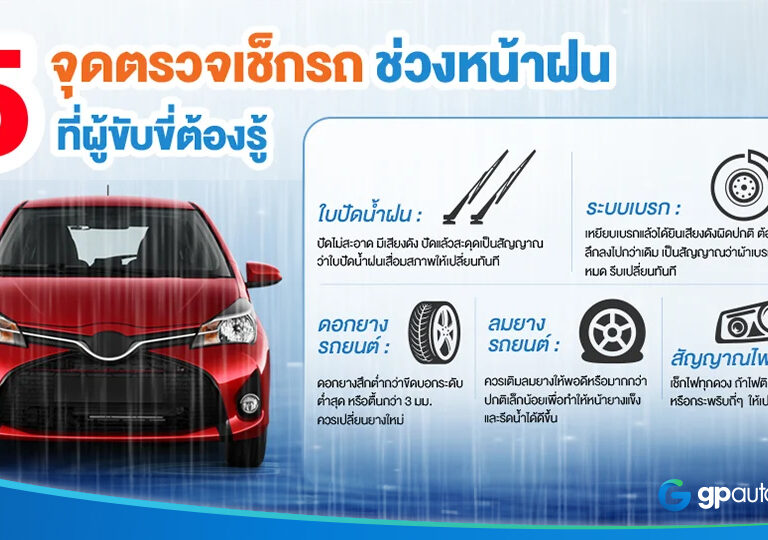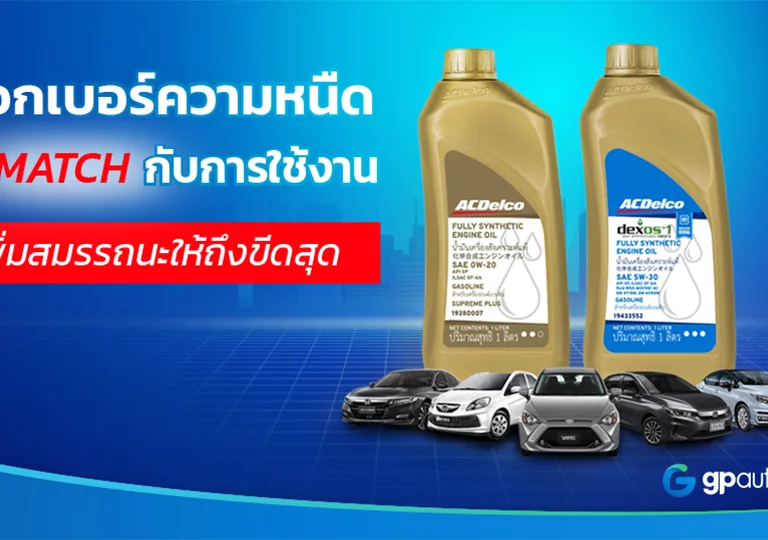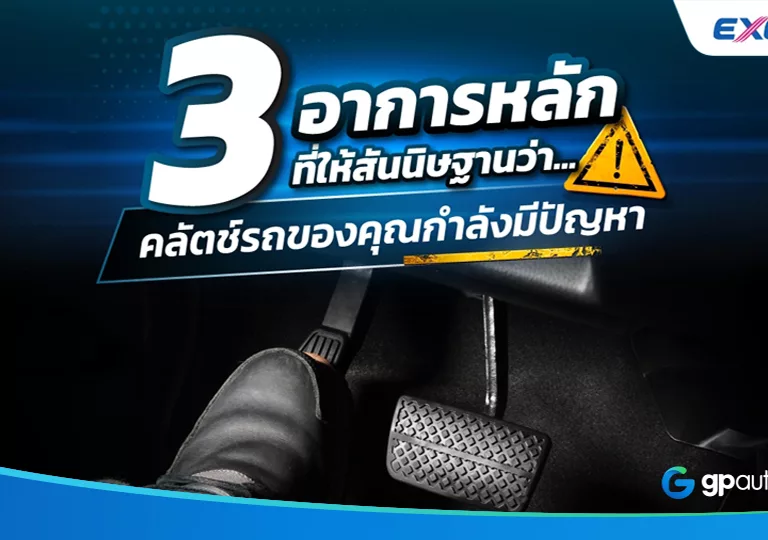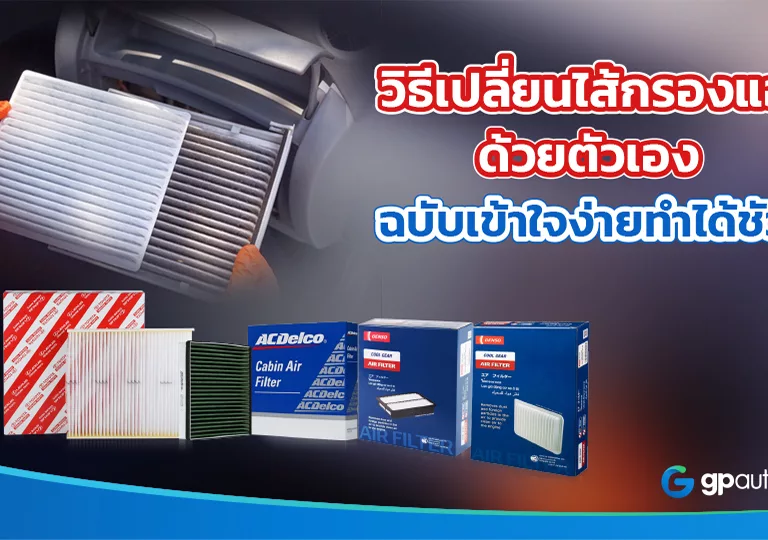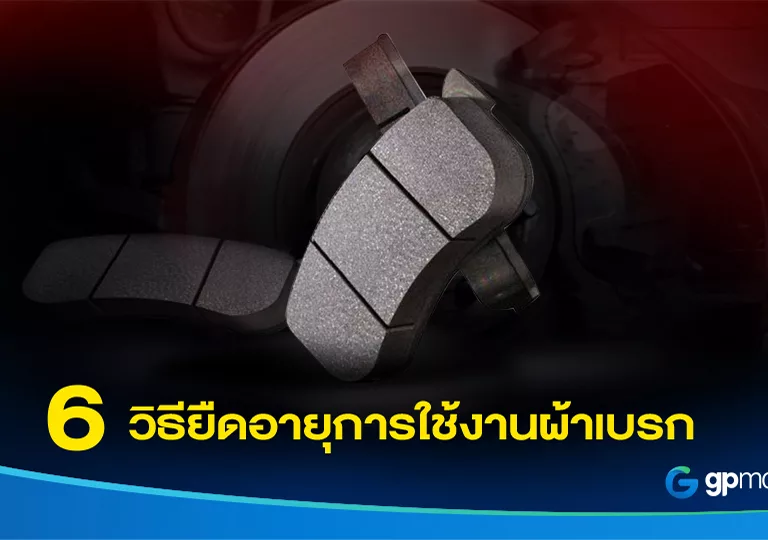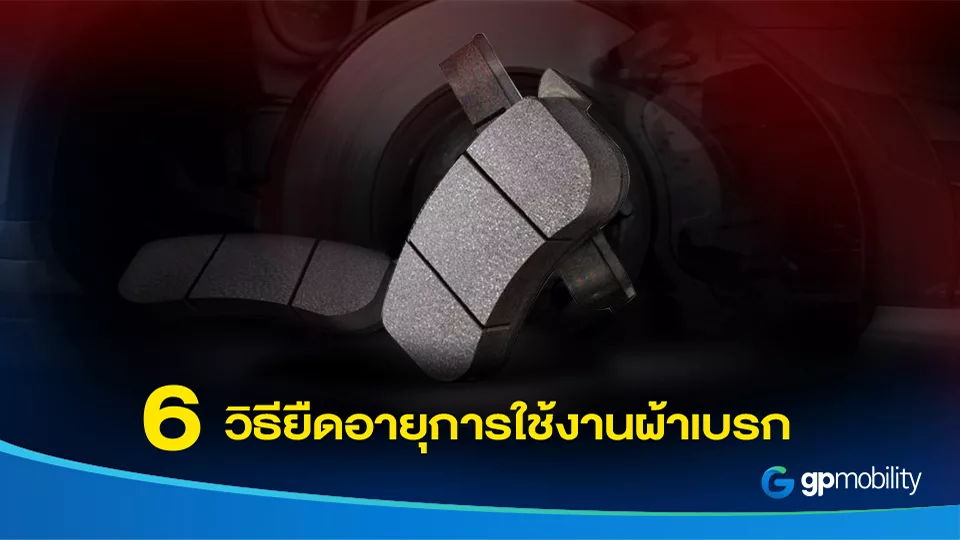
6 ways to extend the life of your car’s brake pads
Brake pads, an essential component of the braking system, generate friction with the brake discs to slow or stop the vehicle. Over time, they will gradually wear down and thin. Worn out or excessively worn brake pads can reduce braking performance or lead to an accident. How to detect worn brake pads Noise when braking Lower brake pedal Reduced braking performance “Complete brake pads will help you stop your car safely.” 6 ways to preserve brake pads and extend their lifespan for safe driving Clean brake discs regularly Regularly clean brake discs as they are exposed to dust and dirt. Allowing dust to settle for a long time can harden it, causing faster wear on the brake pads. Drive consciously and carefully Fast or reckless driving may lead to accidents, so consciously and carefully driving and avoiding high speeds can reduce emergency braking use. Avoid prolonged braking Especially when going uphill or downhill, as it increases the heat on the brake discs and pads, leading to reduced braking performance or faster deterioration. Check brake pads regularly You should regularly check the brake pads. A simple way to do this is to feel the brake pedal. If the brake pedal feels lower than usual, the brake pads may be worn out. If you are not sure, it is best to consult a qualified mechanic. Maintain other components of the braking system In addition to brake pads, other components of the braking system are also important. These include rubbers, brake pistons, dust boots, and master cylinder rubbers. You should regularly clean these components and remove them to wash and check for any leaks, damage, or tears. If these components are damaged or worn, they may affect the braking system and brake pads. Keep tires properly inflated Properly inflated tires will help the braking system work more efficiently. The ideal tire pressure should be within the specified range. If the tire pressure is too high or too low, it will put more strain on the brake pads. The tips for maintaining brake pads mentioned above are simple to follow. Remember to check your brake pads every 3 months or about 5,000 kilometers for safe driving. Neglecting to do so may cause damage and danger to life. ___________________________________ Place an order/Become a distributor. GP MOBILITY PUBLIC COMPANY LIMITED Line id: @gpautoparts or Link Contact: https://www.gpmobility.co.th/contact-us/ Follow me: https://linktr.ee/gpmobility Service Monday to Saturday from 08:30 AM to 05:30 PM. 02-941-1222 (Auto),02-579-2882




